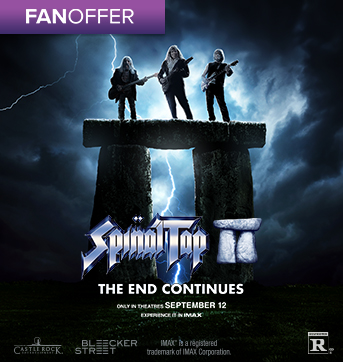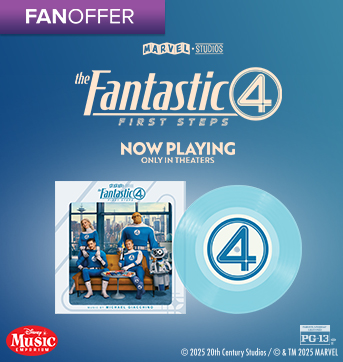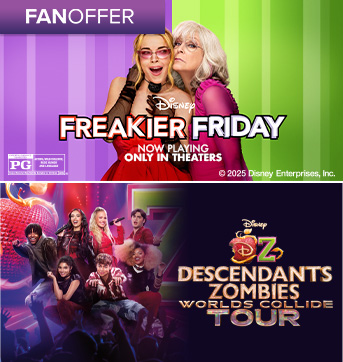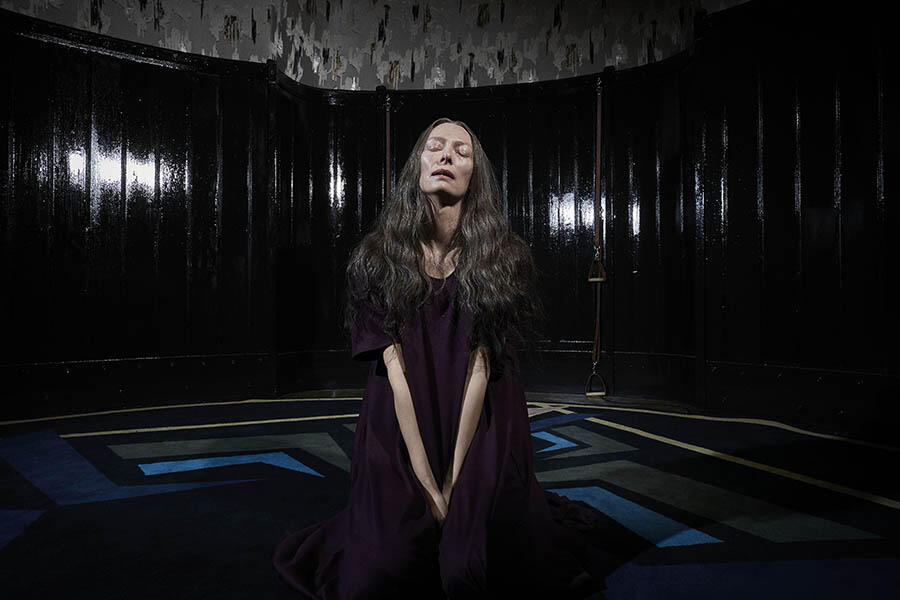
Before it officially debuts in theaters on November 2, Suspiria surprised moviegoers with its first U.S. screening at Fantastic Fest in Austin, Texas. The film, a semi-remake of Dario Argento’s 1977 classic, stars Dakota Johnson as a dancer drawn to an elite dance company in Berlin. Once there and under the instruction of the world-renowned Madame Blanc (Tilda Swinton), strange things begin to happen. Other dancers begin to disappear, while outsiders like the local police and an old psychiatrist (also played by Tilda Swinton) begin to investigate rumors the dance company is secretly a front for a wicked coven of witches.
To celebrate its surprise screening at Fantastic Fest, Fandango sat down with David Kajganich, the writer tasked with penning a new take on Argento’s masterpiece – this time under the direction of Luca Guadagnino (Call Me by Your Name). Also joining the conversation was Jessica Harper, the star of the original Suspiria, who also has a role in the new one.
Below, we discuss the changes made between the 1977 and 2018 versions, as well as how Harper became involved, in what order Suspiria newbies should experience both films and whether, like Argento, plans are afoot for more than one movie (hint: they are).
Warning: This interview does contain mild story spoilers for Suspiria.
Fandango: So if you were in charge of curating the Suspiria experience for someone who hasn’t seen the original, would you say they should watch the old one and then the new one? The new one and then the old one? Does it matter?
Jessica Harper: Well, if you were gonna make a choice, I would watch the old one first just because of chronological order. And also with the understanding that [director] Luca [Guadagnino] saw that when he was 15, I believe, and it scared the begeezus out of him. And he said -- even then, I believe, he said, "I'd like to remake this movie someday." So that might inform their experience of seeing the movie, and the real one.
David Kajganich: I'd agree because I think it's not that we made this new iteration in a vacuum. It is a response to the original. So, I think, watch the original first. I hope it gets programmed like that, you know, whenever it can be 'cause I think they do complement one another. I think the conversation afterwards could be much more interesting if you've watched them both.
Fandango: I'm curious, for you David, about how you decided what to keep from the original and what to change. And what were you motivated by when you were making those decisions? Some of the changes are pretty drastic, but then there's a lot that is still carried over from the original, too.
David Kajganich: Well, Luca and I decided from the beginning that we wouldn't be squeamish about making big changes, because of course we knew that whatever shape our version took it would clearly have a lot of love and respect for the original. So, the idea of being overly slavish to the particular form and shape and pieces of the original just seemed like ... actually, that could almost be disrespectful in a way, do you know what I mean? It could really hamper you.
And I think, given that Luca was so moved by it when he saw it originally, and given that there was already quite a lot of a sense of respect for it, it seemed necessary to really try to imagine it from a different vector so that we weren't redundant in some way.
So our interest in trying to understand The Coven as a practical culture led to a lot of the inclusion of actual history and actual events to try to contextualize them, so we would think of these witches as real people with their own sort of real issues in terms of, how are they trying to amass power? They were completely precluded from doing it in public ways, starting already back before the war. And what does that look like? If you've had to accumulate private power, what does that do to the soul of your community, and what does that mean for your future?
I think we find this coven in Luca's film at a moment where they have to make some decisions about the future. Who's gonna lead them? What is their new sort of era going to look like? How public will it be? How private? And so once we started asking those questions, it was pretty clear we were going to be quite a distance from the plot of the original. That was exciting, and a little scary, but still exciting.
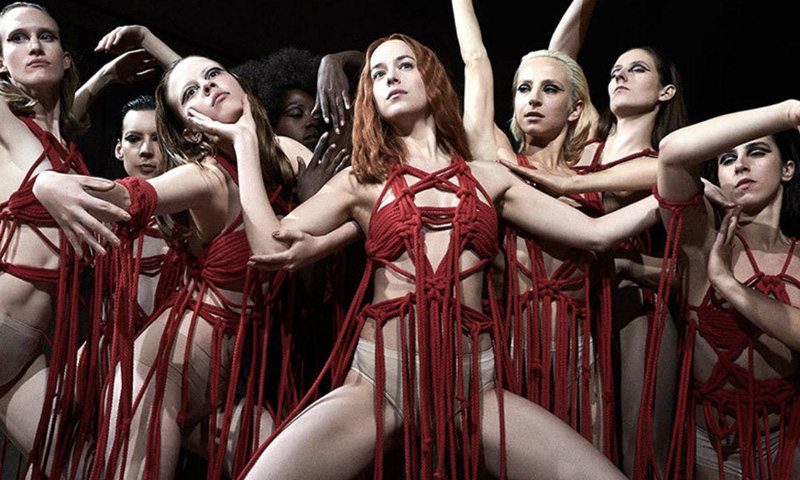
Fandango: Did you have any questions for Jessica, for Dario [Argento]? Did you go to anybody from the original film and say, "I'm just curious about this ... or that?"
David Kajganich: By design, no, because I think once you start that conversation, that conversation can be ... In a way, you can start to care more about that conversation than the one Luca and I were having. And that seemed like it was possible to do our work first and really look forward to that conversation. I couldn't wait to hear what Jessica thought of the script.
Fandango: Jessica, what did you think of the script?
Jessica Harper: Oh, I thought it was incredible. But it was so different, obviously, from the original. But the layers that have been added in the characters, and the whole Klemperer character, and my character, have the emotional thread going through her that was so lovely and touching, and added such emotional depth to the story.
Fandango: Jessica, talk about the difference or similarities between Luca Guadagnino and Dario Argento as directors.
Jessica Harper: Well ... I think they're similar in a couple of respects. They're both fabulous directors. And they both have a very powerful vision of what they want to produce, what they want to make. But those visions are very, very different as they always are between great directors, you know? But that's what makes them great, obviously; their distinctive style. So, they're very different in that respect, but similar in how good they are.
And also, both of them are very, very generous with actors and, I think, very intuitive about the actors they choose, and about understanding what those actors can deliver to the project. And I have had really, really nice experiences with them.
Fandango: Dakota Johnson had to take a little bit of a break after she filmed this because she was pretty emotionally spent. How was it for you, Jessica, after you filmed the original? Did you also feel emotionally spent?
Jessica Harper: I wouldn't say I was going about my days, but I wasn't emotionally spent either. But, my Susie and Dakota's Susie had very different performances to deliver. I mean, there were some unusual little accidents that'd happen [on set]. Like a guy broke his leg, and it was a spooky and difficult location to work in for a long time.
David Kajganich: I heard the final sequence when you're on your way out of the building is all practical and you probably would have been crushed.
Jessica Harper: I could have been, yeah. And there's a good story about that too, because I, you know, they said, "Well, don't worry. We got a stuntman who's gonna come and he's gonna show you exactly how to move through the space." Running through hallways with glass flying and furniture moving across the room.
So this stuntman comes to the set in a body cast all the way up his arm; in a plaster cast. And I went, "You know, this doesn't really instill a lot of confidence." But, luckily everything worked out.
Fandango: When you have this opportunity to use the original star of the original film, did you always have a specific part in mind for her? Or did you debate who she should play. Like, did you consider making Jessica one of the witches?
David Kajganich: Well, we knew from the beginning we wanted to make a beautiful space for Jessica in the film. Until we outlined it, we didn't quite know who it was gonna be. It seemed like it would be such a waste to have Jessica play, kind of one of the chorus, and we knew we didn't want that.
And when I proposed this idea to Luca that the witches would trick [the psychiatrist] Klemperer by actually giving him his wife back for a couple of scenes, we looked at one another like (gasp). It'd have to be in German. Does Jessica speak German? I don't know, let's find out.
Fandango: Did you ever contemplate using her to play her character from the original as a way to connect the two films?
David Kajganich: Well we've never talked about that. We were a little leery of there being too much connected tissue. And what ended up being so perfect about the part of Anke is that you really don't expect that part to show up, let alone that Jessica would be playing that part.
And you're meant to be feeling a whole lot of nostalgia in that moment, so it seemed like the perfect moment for you to walk back into Suspiria kinda carrying the past with you, but not in antagonistic way; in a really beautiful way. It just seemed right, it really did.
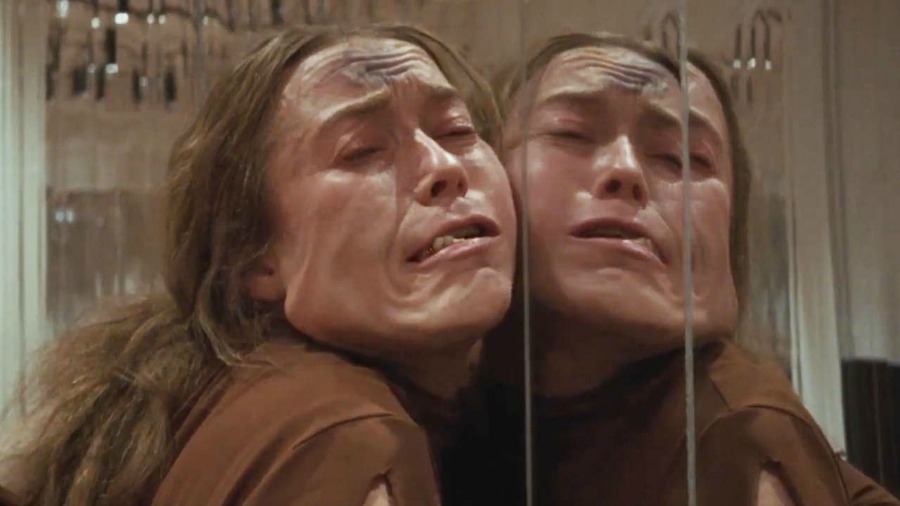
Fandango: As the writer, which scene were you most blown away by in terms of how they executed it from the page to the screen?
David Kajganich: I have two answers. One, when I delivered the script and it had the sequence where Susie is inadvertently destroying Olga, you know, I just thought, "Well, this will be interesting." I had no idea how you'd shoot that exactly and communicate the trauma that's going on under her skin.
So that was of technical interest, but I think the reunion scene between Klemperer and Anke was the one I was most interested in because, tonally, it is such an oddball move for the film to make, you know what I mean. And I thought, "Well, we're gonna get here and I don't know what Thom [Yorke's] gonna be putting down in terms of a cue here. I don't know how it's going to be edited. We don't know exactly where it's going to go. I'm so curious whether it's gonna work."
And, oh my god, when I saw it for the first time, in tears, because I personally knew what happens next and went, "Oh, this is so desperately- "
Jessica Harper: Agonizing.
Fandango: Dario Argento went on and made a trilogy based on the Three Mothers. If this does well, is it your intention to do the same, or would you continue this story in a different way?
David Kajganich: To be determined, but I can tell you that when I turned this script into Luca for the first time, he had asked that I put on the cover sheet, Suspiria Part One. Which is, I think, initially what he wanted to call the film. So there's interest. Whether the world is interested back, we'll see.
Fandango: And now what’s up next for you two? Jessica, I heard you’re working on a podcast about your family?
Jessica Harper: Yes. It's gonna start in November with some bonus material, preliminary material. And then it launches in January. It's called Winnetka and it's a childhood memoir, actually, which features the voices of my family. So the character's in the memoir actually speak for themselves, including my mother, who's wonderful and who unfortunately passed away, but ... yeah, I'm really excited about it.
Fandango: And David, is it true you also wrote another remake in Pet Sematary?
David Kajganich: That's a rumor. I did write a draft for it but it's not the one they used. I'm getting a lot of acclaim for this thing I didn't do!
Fandango: One remake is enough for now then...
David Kajganich: [laughs]
Suspiria hits theaters on November 2.


